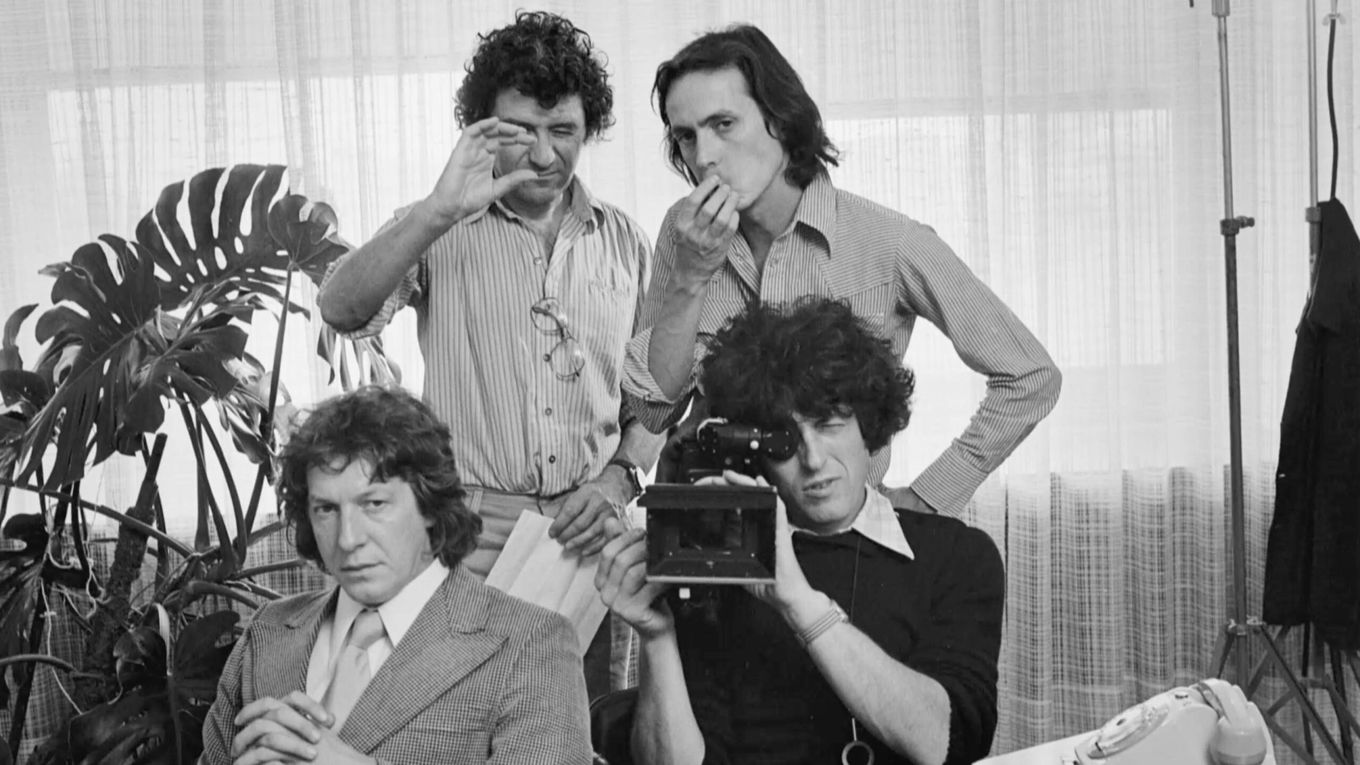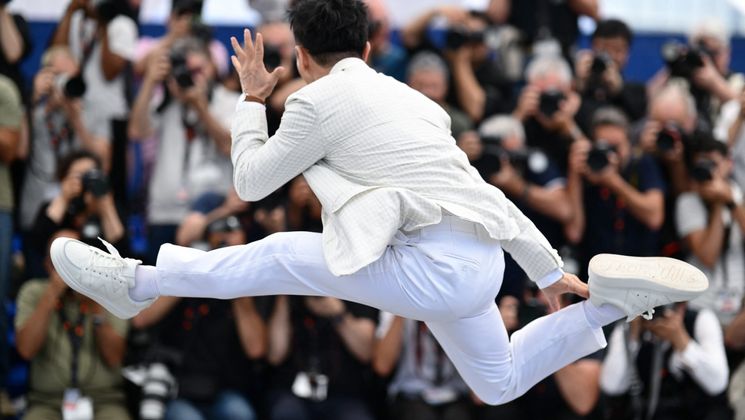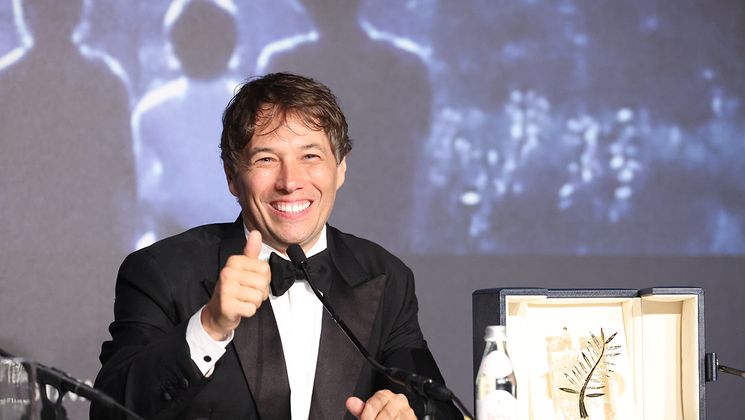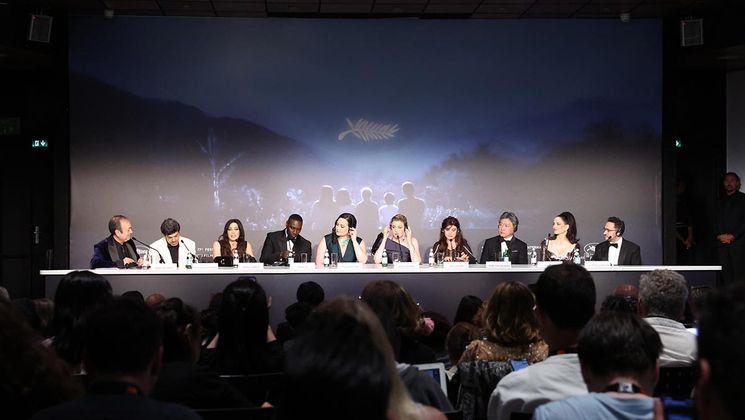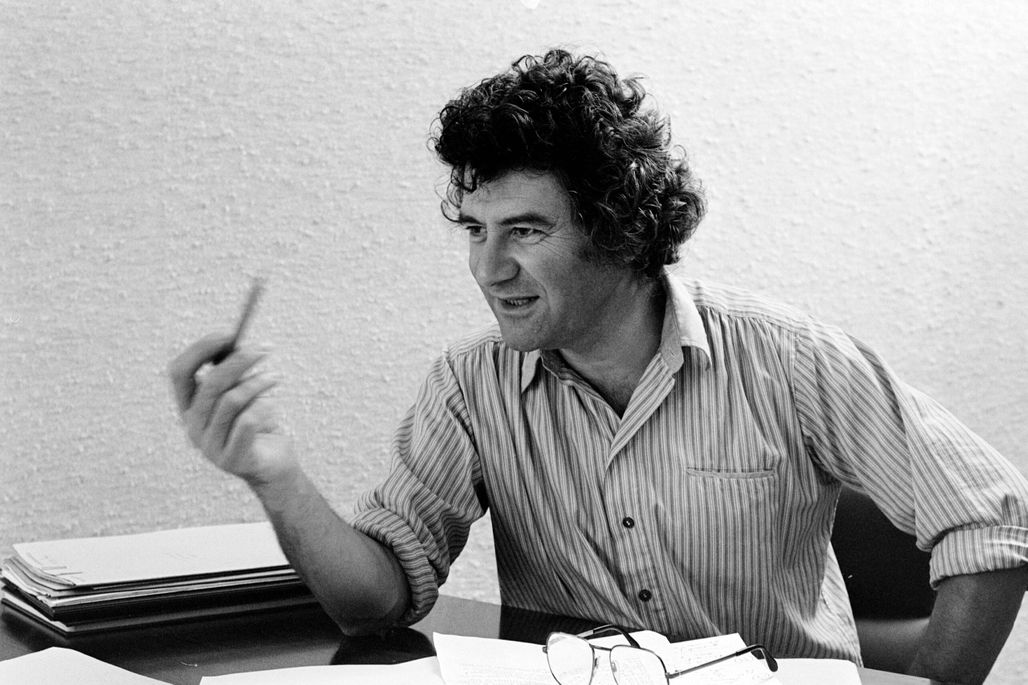
Jacques Rozier, the journey of a multi-faceted filmmaker

In Jacques Rozier, From One Wave to Another , (D’une vague à l’autre), his documentary presented at Cannes Classics, Emmanuel Barnault brings us a chronological portrait of this multifaceted and versatile filmmaker, who worked tirelessly throughout his career to maintain his artistic integrity, even if it meant becoming less prolific.
How did this documentary project come to you?
It all comes down to a love of film. I entered the free-spirited world of Jacques Rozier through my father, who was a film distributor. In the 1980s, he worked for the company that distributed Maine Océan, Rozier’s fourth feature film, which won the Jean Vigo Prize in 1986. This work was a revelation to me, because I felt like I was at the cinema and on holiday at the same time.
That’s often how people feel when watching Jacques Rozier’s films…
That’s true. Time seems to fly by, and he plays with space and time. That’s one of the joys of his cinematography. The project also came about through the anti-hero character portrayed by Bernard Menez in his films. His awkward, clumsy manner made me laugh. About ten years ago, I wanted to make a documentary about the relationship between Rozier and Menez, but the project didn’t come to fruition. A year ago, when Jacques Rozier passed away, I had the idea to create an archive film, with the use of audio and audiovisual excerpts.
Why did you choose to let Jacques Rozier tell his own story?
I don’t like narrators. I avoid voiceovers and commentary. I prefer to go against the grain and let the protagonist(s) tell their own story. I also had access to several outside contributors like Pascal Thomas, François Truffaut, Serge Toubiana, Serge Daney, and Bernard Menez who could do this very well!
How did you structure the documentary?
I built the film on a sort of thematic chronology, but it was clear that I needed to start with the milestone that is the Nouvelle Vague. Blue Jeans (1958), along with La Pointe Courte by Agnès Varda, are the two films that launched the movement. I also wanted to include a segment on his work as a television director at a time when TV was still very much in the experimental stage. The only regretful thing, when it comes to Jacques Rozier, is that his filmography is sparse: he only directed four feature films and three short films.
Why is that?
He had a conflicted relationship with money. As a filmmaker, he always sought to maintain his independence, so he struggled to adjust to production models. Some people enjoy a certain level of freedom because they have a lot of funding at their disposal, while others prefer to retain complete control of their projects to maintain that freedom. Rozier was in the latter camp, also because he found it hard to delegate. He was very demanding and wanted to do everything himself.
What role did his love of music play in his career?
Jacques Rozier was as much a music lover as he was a cinephile. He was particularly attentive to the musicality of voices. He often cited Marcel Pagnol as one of his favourite directors, especially for the musicality of the dialogues, as well as Vincente Minelli. He actually would have liked to make musicals. As a filmmaker, he knew how to take his time, but his films follow a deliberate tempo. Rozier was a rare specimen. His versatility was a result of his love for artistic expression. He was a filmmaker who lived in his own bubble, which is what made him so extraordinary.
A production by INA and mk2 Films with the participation Ciné+. Jacques Rozier, the independent and uncompromising journey of a director who refused to toe the line, admired by his peers and cherished by critics.
In the presence of Emmanuel Barnault and Laurent Vallet, president and CEO of the INA.
